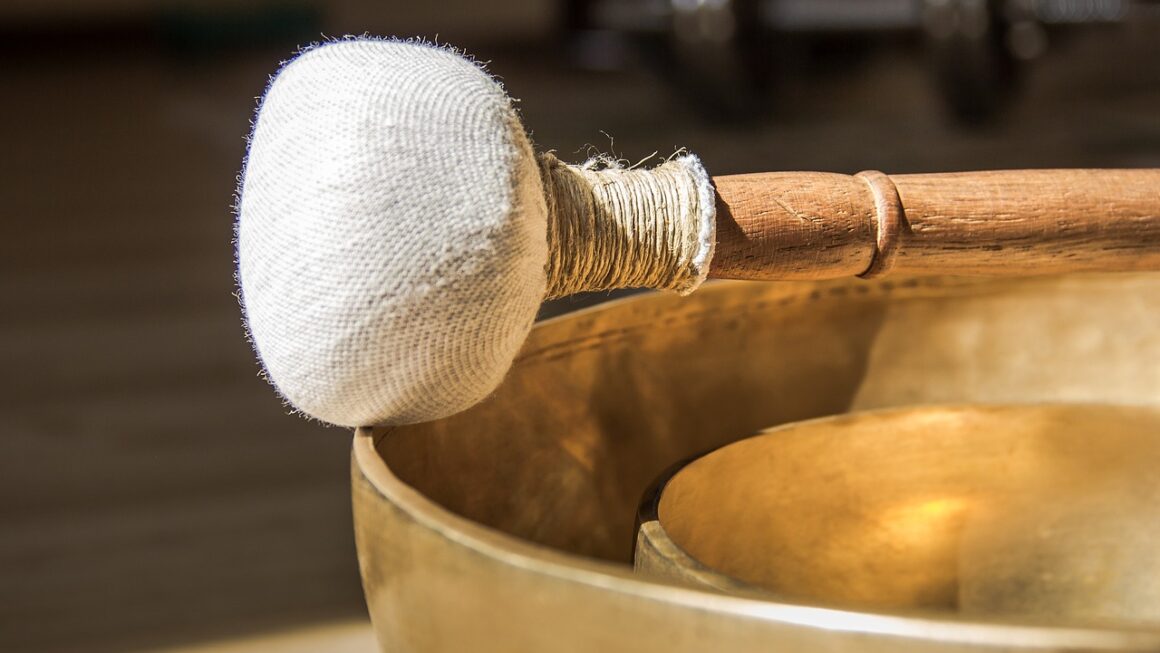In today’s fast-paced world, mindfulness has emerged as a pivotal practice for enhancing emotional well-being and reducing stress. With constant exposure to distractions—from social media notifications to relentless work demands—finding moments of peace and clarity can seem challenging. However, integrating mindfulness into daily life offers a pathway to improved mental health, better focus, and an overall heightened sense of awareness. This blog post explores the essence of mindfulness, its benefits, techniques for incorporating it into your routine, and how it can significantly improve your quality of life.
What is Mindfulness?
Mindfulness is the practice of being fully present and engaged in the moment, aware of your thoughts and feelings without judgment. It encompasses a variety of techniques, primarily rooted in Buddhist traditions, which have been adapted for modern therapeutic uses.
Core Principles of Mindfulness
- Awareness: Recognizing your thoughts and emotions as they arise.
- Non-judgment: Accepting your feelings without labeling them as good or bad.
- Presence: Concentrating on the here and now, minimizing distractions.
Mindfulness vs. Meditation
Although often used interchangeably, mindfulness and meditation are distinct concepts:
- Mindfulness: A lifestyle practice that can be integrated into daily activities.
- Meditation: A formal practice that often involves sitting quietly and focusing on a particular object, thought, or breath.
Benefits of Mindfulness
The advantages of practicing mindfulness are well-documented. Research has shown that engaging in mindfulness can have profound effects on both mental and physical health.
Emotional Benefits
- Reduces stress levels.
- Improves mood and emotional regulation.
- Enhances focus and concentration.
Physical Health Benefits
- Lower blood pressure.
- Improved immune system function.
- Better sleep quality.
According to a study published in the journal Psychological Science, individuals who practice mindfulness report a 30% decrease in anxiety levels.
Techniques for Practicing Mindfulness
Incorporating mindfulness into your daily routine can be simple and rewarding. Here are some practical techniques you can start today:
Mindful Breathing
- Find a quiet spot where you won’t be disturbed.
- Close your eyes and take a deep breath in through your nose.
- Hold your breath for a count of four.
- Exhale slowly through your mouth for a count of six.
- Repeat for 5–10 minutes, focusing solely on your breath.
Body Scan Meditation
This technique involves mentally scanning your body for areas of tension:
- Lie down in a comfortable position.
- Start from your toes and move up to the head, noticing any sensations.
- As you progress, consciously relax any tense areas.
Incorporating Mindfulness into Daily Life
Mindfulness doesn’t have to be confined to formal practice. Here’s how you can weave it into everyday activities:
Mindful Eating
- Slow down and savor each bite.
- Pay attention to the flavors and textures of your food.
- Avoid distractions, such as television or smartphones, during meals.
Mindful Walking
Turn your daily walks into mindfulness practice:
- Focus on your breath and the rhythm of your steps.
- Notice the sounds and sights around you.
- Feel the ground beneath your feet as you walk.
Mindfulness and Technology
In a time when technology often adds to our stress, apps and digital tools can help cultivate mindfulness:
Popular Mindfulness Apps
- Headspace: Offers guided meditations for various life situations.
- Calm: Features meditation sessions and soothing sounds for relaxation.
- Insight Timer: Free app with thousands of guided meditations from various teachers.
These apps often include reminders to practice mindfulness, making it easier to incorporate into your routine.
Conclusion
Mindfulness is not just a trendy buzzword; it’s a powerful tool that can lead to significant improvements in mental and physical health. By becoming more aware of your thoughts and emotions, you can enhance your quality of life, reduce stress, and cultivate a greater sense of peace. Whether you choose to engage in formal meditation practices or simply include mindfulness techniques in your daily activities, the journey towards a more mindful life is achievable and rewarding. Start today, and experience the transformative effects that mindfulness can bring to your life.





One thought on “Unlocking Inner Peace: The Transformative Power of Mindfulness”